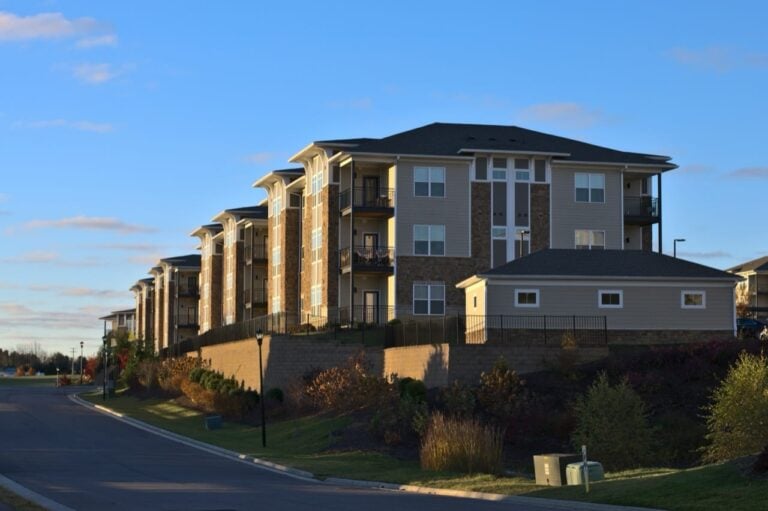A condo can be a great way to own property without the hassle of mowing the lawn or fixing the roof. But not every building is a dream come true. In fact, some can turn into real-life homeowner nightmares—with issues that are expensive, stressful, and hard to get out of once you’ve signed on the dotted line.
Whether you’re shopping for your first condo or thinking about refinancing the one you already own, here are 6 red flags that could mean trouble in paradise.
1. Sky-High Condo Fees (That Keep Climbing)

Condo fees are normal—they cover things like building maintenance, snow removal, and shared amenities. But if fees are unusually high or have been rising sharply year after year, it could be a sign of poor management or looming repair costs.
What to watch for:
- Fees that exceed 75¢ per square foot
- No clear breakdown of what’s included
- Recent or upcoming special assessments
💡 Tip: Use our Mortgage Affordability Calculator to see how fees might impact what you can actually afford.
2. Unhappy Residents

Talk to a few residents before buying—especially in the elevator or lobby. If people seem frustrated, mention ongoing issues, or talk about leaving, pay attention. Complaints about noise, maintenance delays, or management drama are often more than just small talk.
Questions to ask:
- How quickly does management respond to problems?
- Have there been major complaints or turnover in the board?
- Any upcoming renovations or disruptions?
3. Poor Building Maintenance
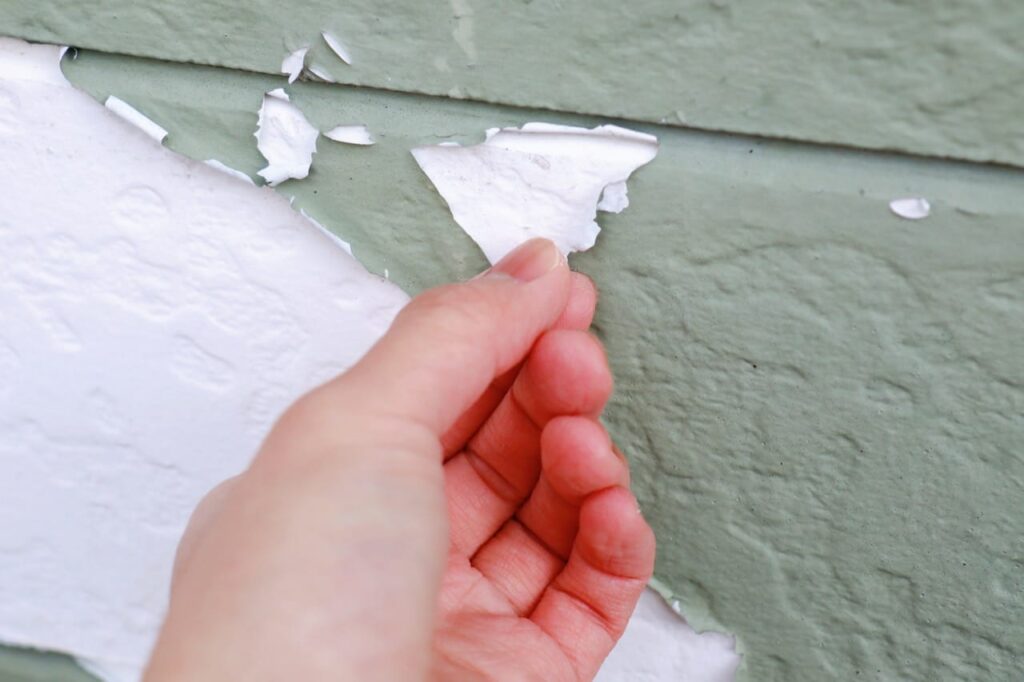
Peeling paint in the hallways? Burnt-out lights? Elevator always out of service? These little signs of neglect can hint at bigger issues behind the scenes.
Poor maintenance often means one of two things: the building’s broke, or no one’s paying attention—and neither is good for your investment.
4. Lack of Transparency from the Condo Board
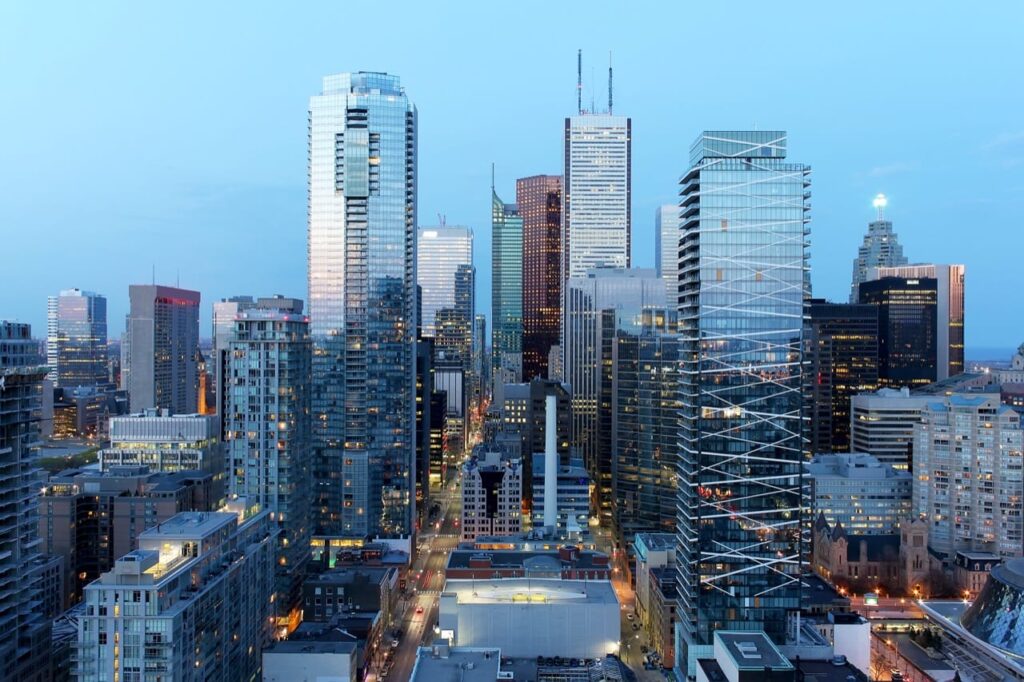
A healthy condo board is organized, transparent, and responsive. If you ask for financial statements, reserve fund details, or meeting minutes and get vague answers or resistance, that’s a big red flag.
Look for signs of:
- Financial mismanagement
- Underfunded reserve accounts
- Legal disputes with unit owners or vendors
A well-run board = a well-run building.
5. Empty or Vacant Units
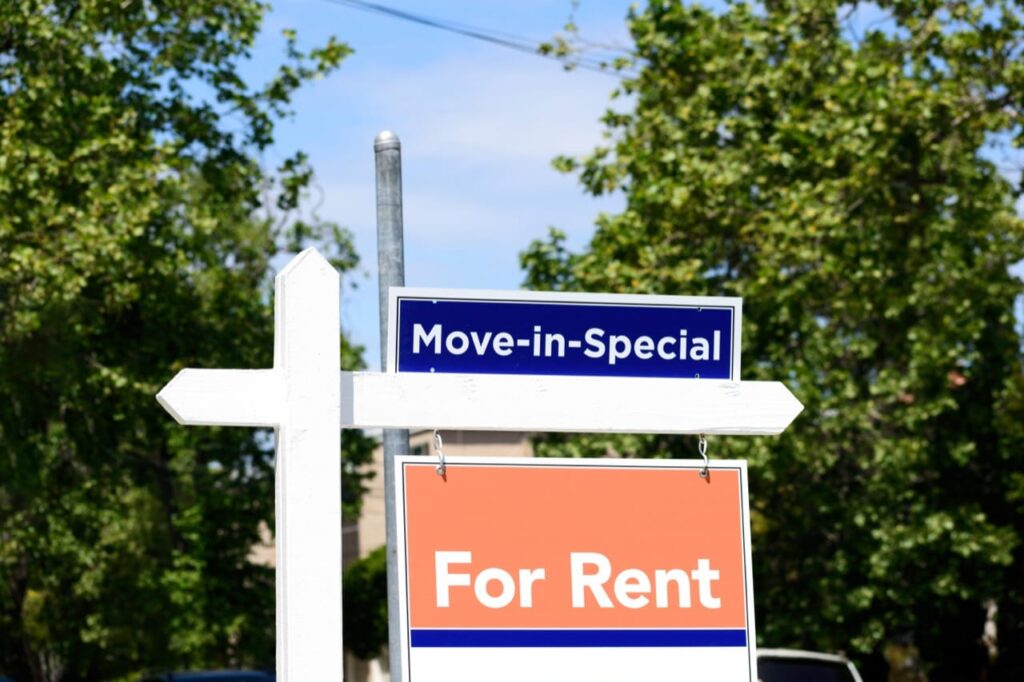
A building with a high number of unsold or empty units can feel quiet—but not in a good way. It might mean owners are struggling to sell or that renters are turning over frequently.
Too many vacant units can:
- Hurt resale value
- Lead to financial strain on the condo corporation
- Create safety or security issues
Ask how many units are currently owner-occupied, rented, or for sale.
6. Big Renovations with No Plan (or Too Many Plans)
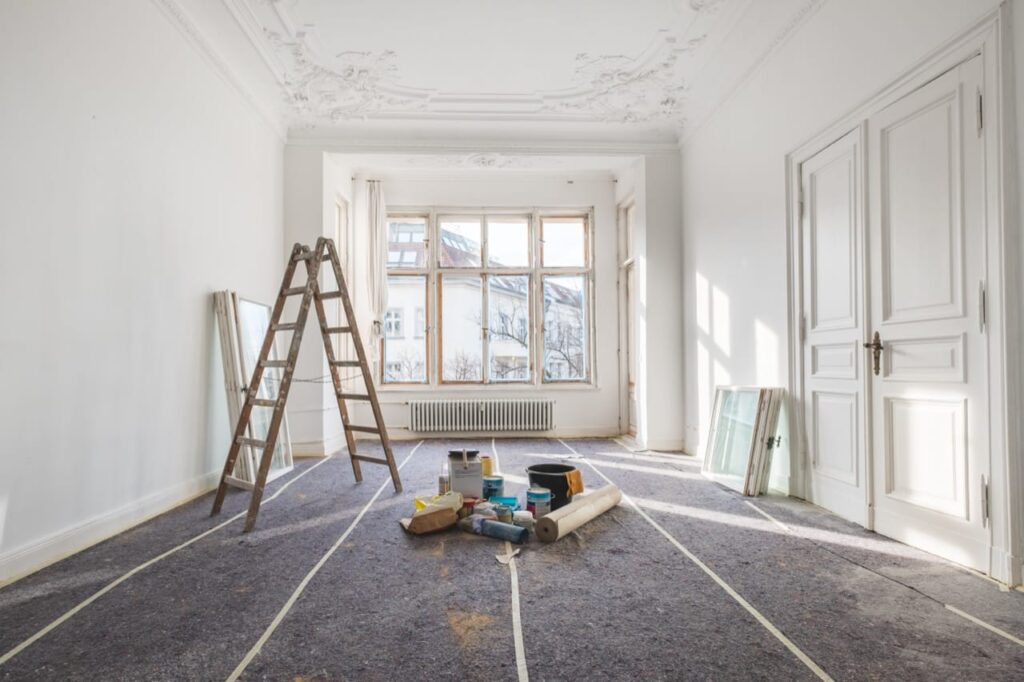
Renovations aren’t necessarily bad. In fact, they can add value. But if the building seems to be constantly under construction or keeps announcing expensive projects without proper budgeting, it could mean chaos ahead.
What to watch:
- Special assessments (a one-time fee paid by all owners)
- Projects approved without a vote
- No long-term capital plan
Bonus Tip: Review Before You Buy (or Refinance)
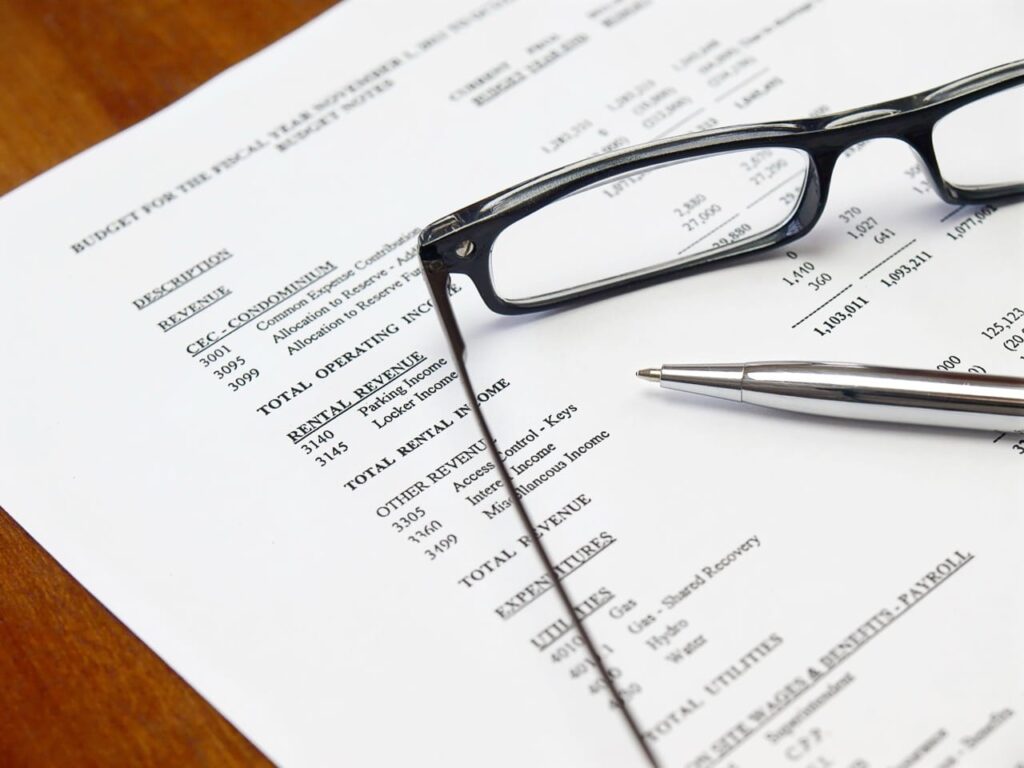
Before you buy or refinance a condo unit, always:
- Review the status certificate
- Read the minutes from recent condo board meetings
- Check the reserve fund study
And if you already own a unit and are wondering whether it’s time to refinance—or just explore your options—we’re here to help.
The Local Broker Can Help You Make Sense of It All
Buying or refinancing a condo doesn’t have to be a guessing game. At The Local Broker, we’ll walk you through your options, break down the real costs, and help you secure the mortgage solution that fits your situation—no pressure, and no fine print surprises.
Contact us today to talk it through—or just say hi.
